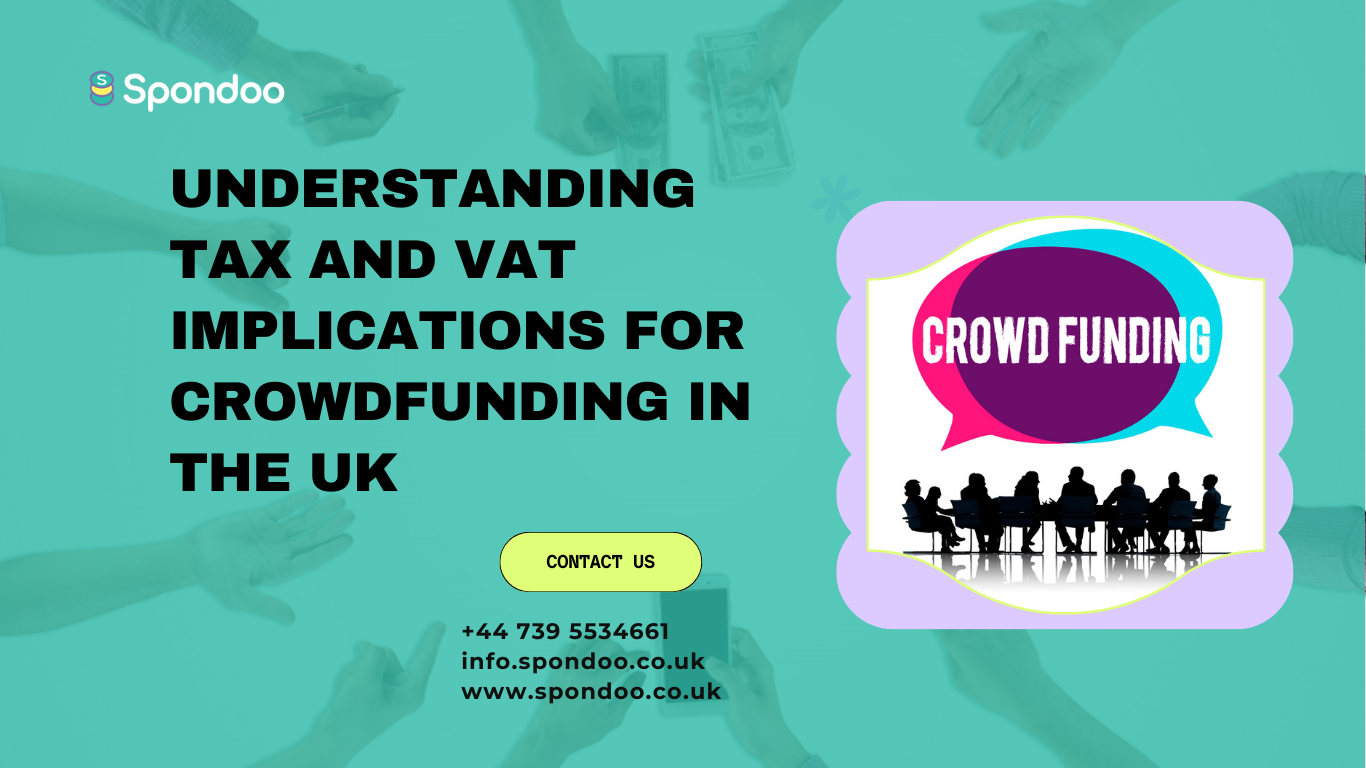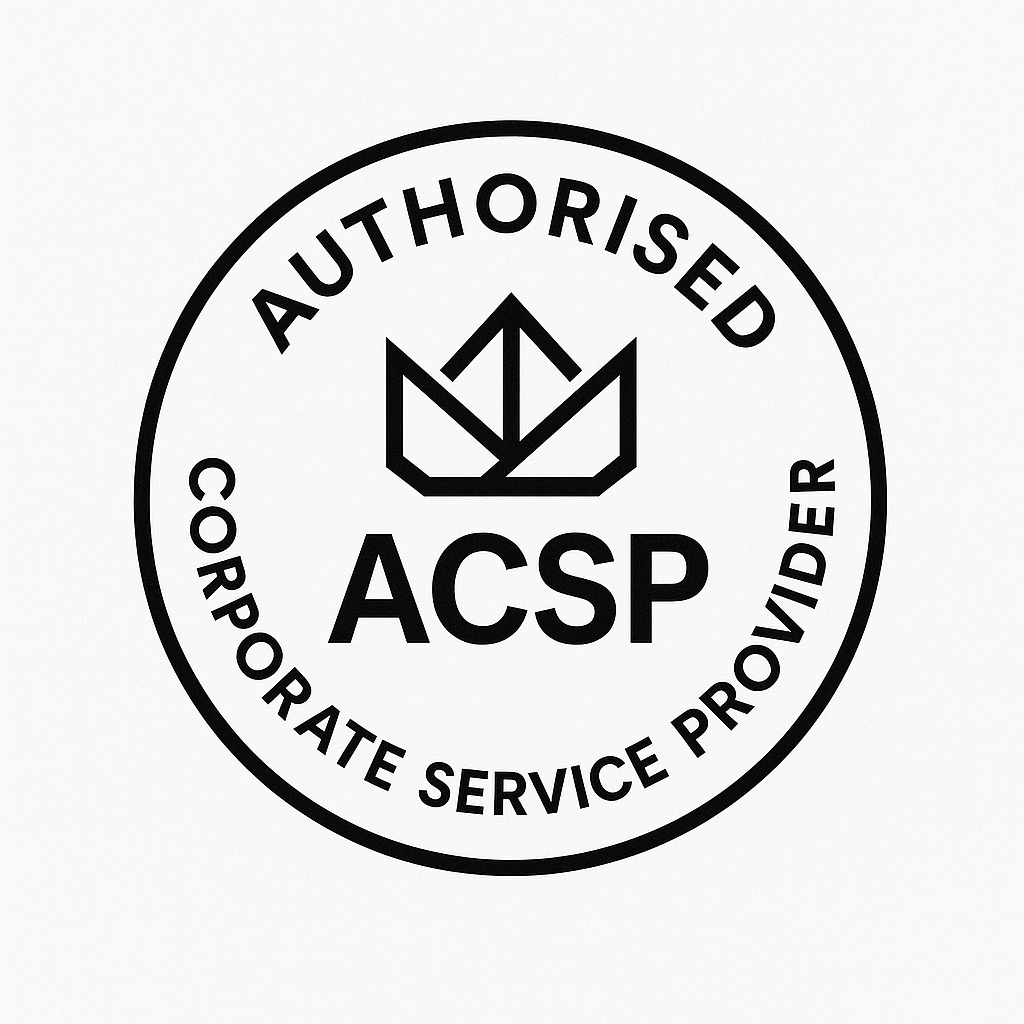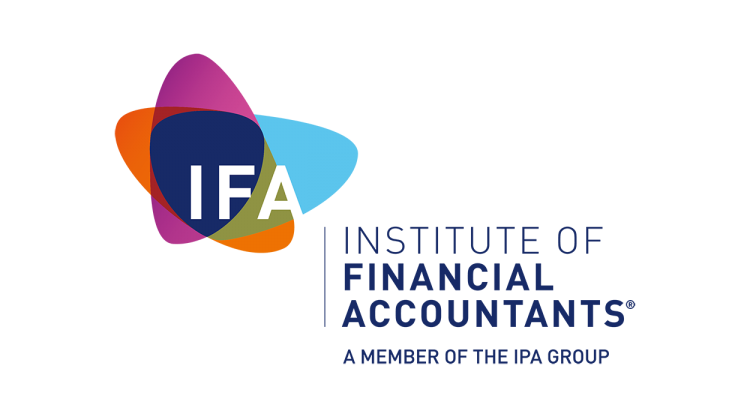
Crowdfunding has become an increasingly popular financing method, allowing individuals and businesses in the UK to secure funds outside of traditional sources. Since 2013, UK crowdfunding has expanded significantly, with funds raised growing from under £30 million to £550 million by 2020. Popular platforms include Funding Circle, GoFundMe, Crowdcube, and Fundable, each offering unique opportunities based on the campaign type and funding goals.
However, fundraising through crowdfunding can have tax implications, potentially attracting VAT and income tax. For instance, HMRC’s VAT Notice 701/41 addresses VAT implications for sponsorships, including crowdfunding, and HMRC’s VAT Finance Manual details model types and VAT treatments for different crowdfunding scenarios.
This article explores the potential tax impact on funds raised through platforms like Kickstarter and Indiegogo.
HMRC may classify crowdfunding donations as business income, potentially making them tax-deductible. Funds raised as pure donations, where the contributor expects nothing in return, are unlikely to attract VAT. Crowdfunding revenue must still be reported on tax returns, including gifts, which are generally considered taxable income.
Understanding the distinctions between crowdfunding models is essential, as tax and VAT treatment vary widely by type. The four main types of crowdfunding include:
In this model, contributions are made without any expected financial return, often for social causes or charitable projects. Platforms like GoFundMe are commonly used for these campaigns, which attract donors interested in supporting various social initiatives. Here, the donor expects nothing in return.
In this type, backers contribute funds in exchange for non-monetary rewards, ranging from access to special events to physical items. The contribution is seen as an advance payment. Unlike equity crowdfunding, backers do not receive a share of ownership, and rewards typically vary based on the contribution level. Rewards crowdfunding is commonly used by start-ups looking to introduce new products or services to the market.
This approach involves backers offering loans to businesses or individuals in exchange for repayment plus interest, typically with more favourable terms than traditional bank loans. Although lenders don’t receive ownership shares, debt-based crowdfunding provides an alternative to bank financing and appeals to both start-ups and established companies. Repayment terms, including interest, are usually established over a fixed period.
Equity crowdfunding is especially popular in the UK, where investors contribute funds in exchange for an ownership share of the business. Depending on the level of investment, contributors may also receive other rewards as an incentive. This approach is often preferred by businesses looking for substantial growth capital.
VAT obligations on crowdfunding revenue depend on the nature of the contributions and HMRC guidelines. According to HMRC’s VAT Notice 701/41, donations where no reward is expected are VAT-exempt. However, VAT is chargeable on contributions that involve goods or services provided in exchange, categorised as vatable supplies. For start-ups and new businesses raising funds via crowdfunding, it’s important to note that the timing of reward delivery can affect VAT registration and reporting requirements. The VAT Finance Manual issued by HMRC provides detailed guidance on how to apply VAT depending on the supply of goods or services.
For example, if a business reaches the compulsory VAT threshold by offering rewards, VAT on the income should be accounted for based on the date goods or services are supplied. The recent HMRC ruling against Lunar Missions Ltd underscores the importance of accurately determining the time of supply for VAT purposes.
Crowdfunding offers a powerful alternative for funding, particularly when mainstream finance sources may not be accessible. However, the varying tax implications across crowdfunding types mean that tax planning and awareness are critical. With the correct guidance, you can avoid unforeseen tax liabilities and make the most of the opportunities crowdfunding offers.
At Spondoo, our team can provide expert advice on all areas of crowdfunding and business taxation, ensuring your campaign aligns with UK tax and VAT regulations. If you’re considering crowdfunding as a funding option, get in touch with us to explore the best strategy for your project and navigate the complexities of tax treatment in crowdfunding effectively.




